OUR ESG FRAMEWORK
Our newly developed ESG Framework serves as a focal point for how we articulate our sustainability aspirations for the long-term. Anchored upon four (4) key sustainability pillars – Sustainable Economic Growth, Environmental Stewardship, Empowering People and Communities, as well as, Good Governance – the framework guides us in our efforts in addressing ESG issues that are material to our business which align with our strategies and targets.
OUR PILLARS
Sustainable Economic Growth
Integrate ESG factors into our business decisions and value chain and manage ESG risks and opportunities as we innovate to build a sustainable future.
Environmental Stewardship
Promote climate positive culture within the organization and relevant external stakeholders to attain a low carbon economy.
Empowering People and Community
Create a positive impact on our employees, clients, business associates, as well as communities in need.
Good Corporate Governance
Lead a responsible business underpinned by a robust compliance culture and high levels of ethical standards.
OUR KEY FOCUS AREAS
Sustainable Economic Growth
Responsible Investment
Incorporate ESG factors into our investment processes, offer and promote sustainable products and solutions and take an active stewardship role in the companies in which we invest.
Digitalisation
Leverage technological advancements to develop secure, meaningful and innovative products and solutions that will help shape the future of investing.
ALIGNMENT WITH UN SDGS
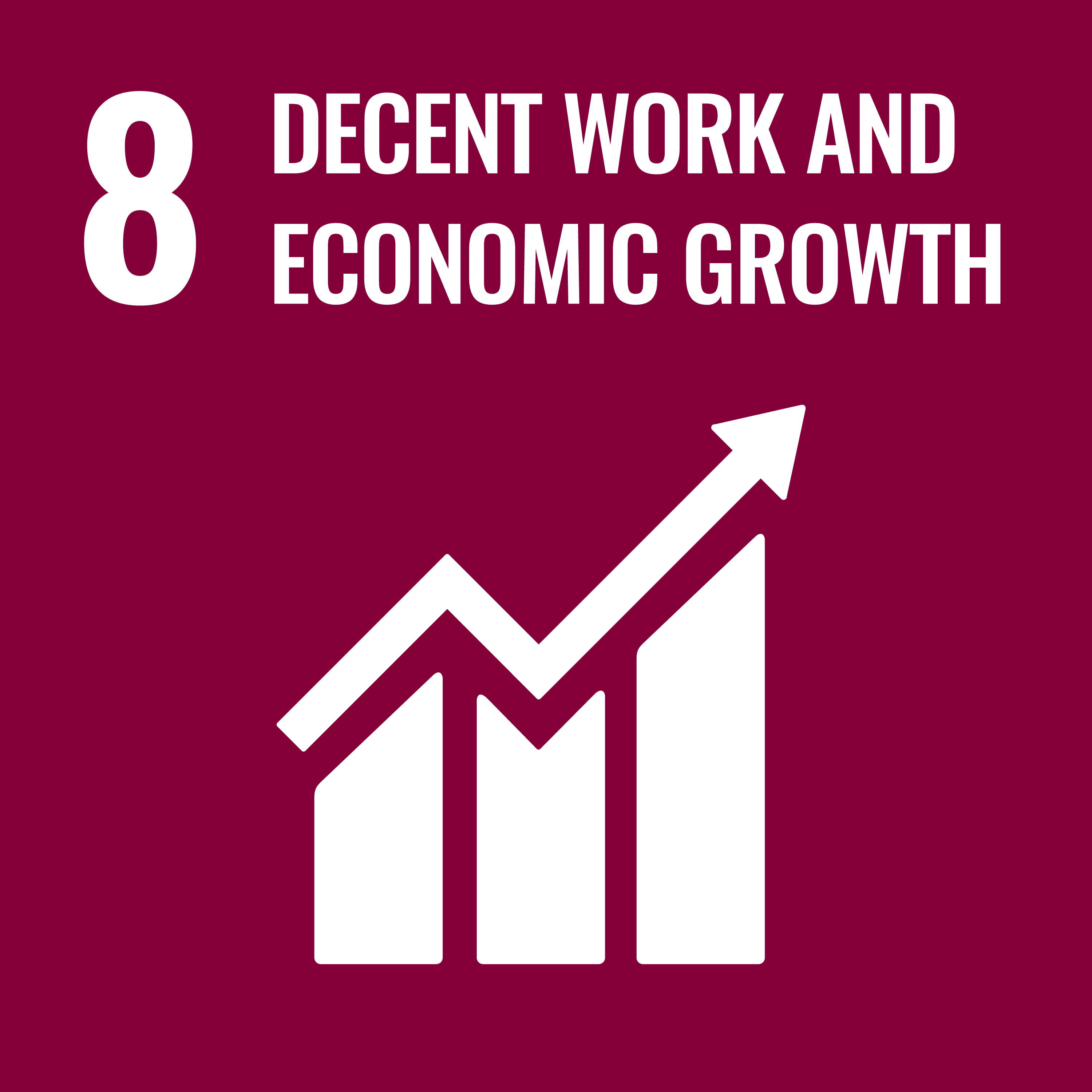
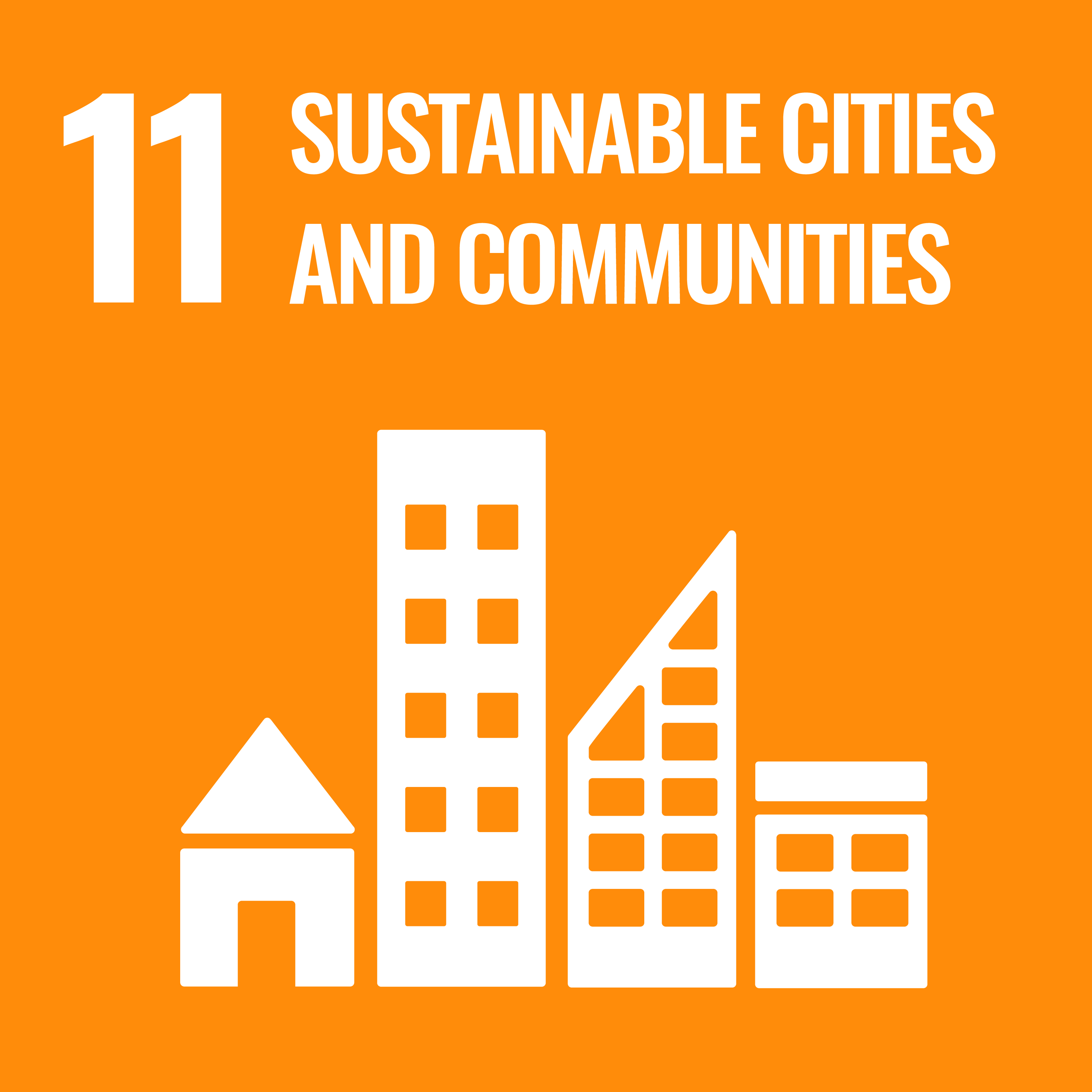
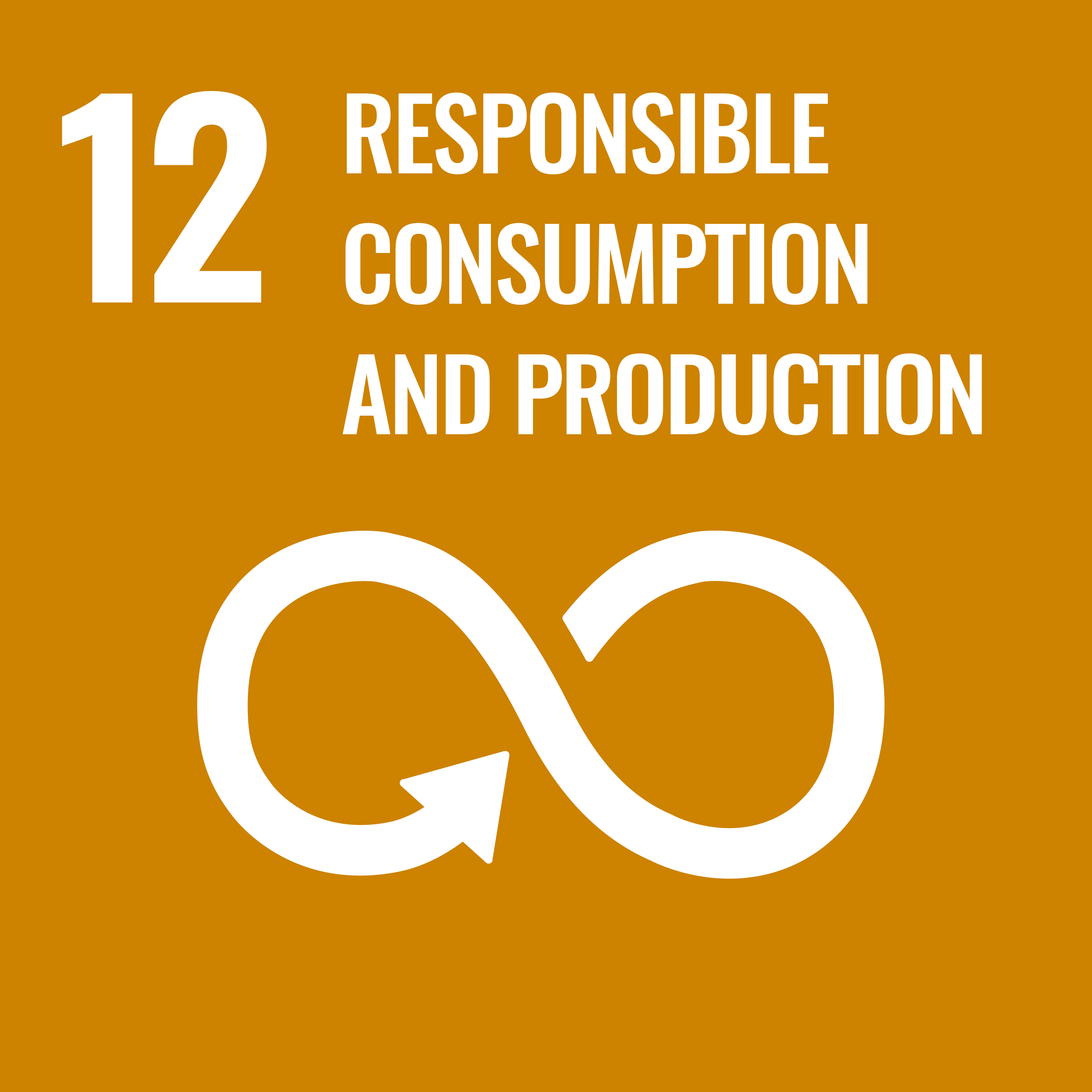
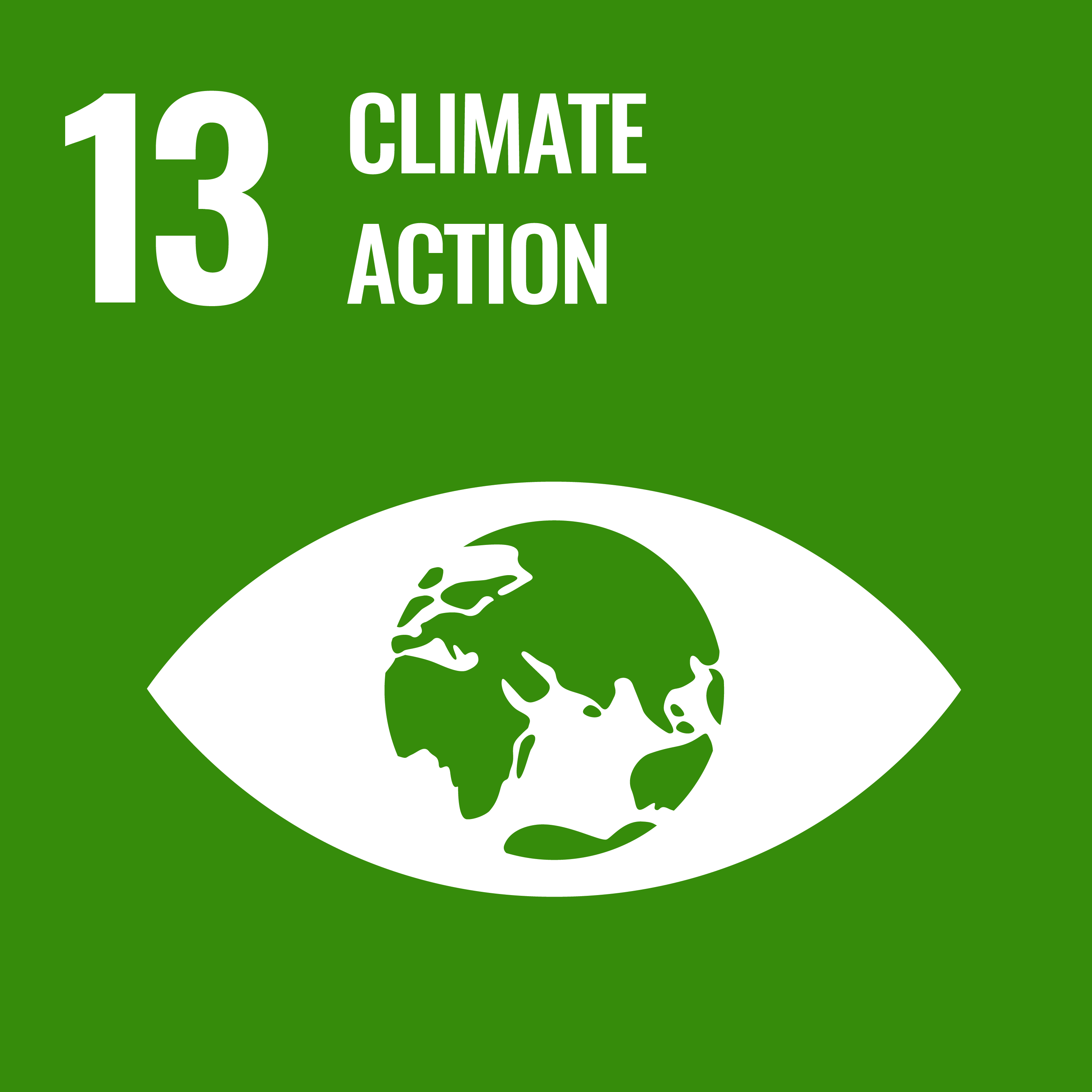
Goal 1
Increase support of sustainable economic activities.
Goal 2
Champion cloud-first strategy to increase scalability and flexibility.
Goal 3
Increase automation for productivity.
Goal 4
Increase digital distribution of products and sevices.
Environmental Stewardship
Climate Impact
Take ownership of climate risks and opportunities of our operations through monitoring environmental performance, identifying and practicing behaviours to promote climate positive action and outcomes.
ALIGNMENT WITH UN SDGS
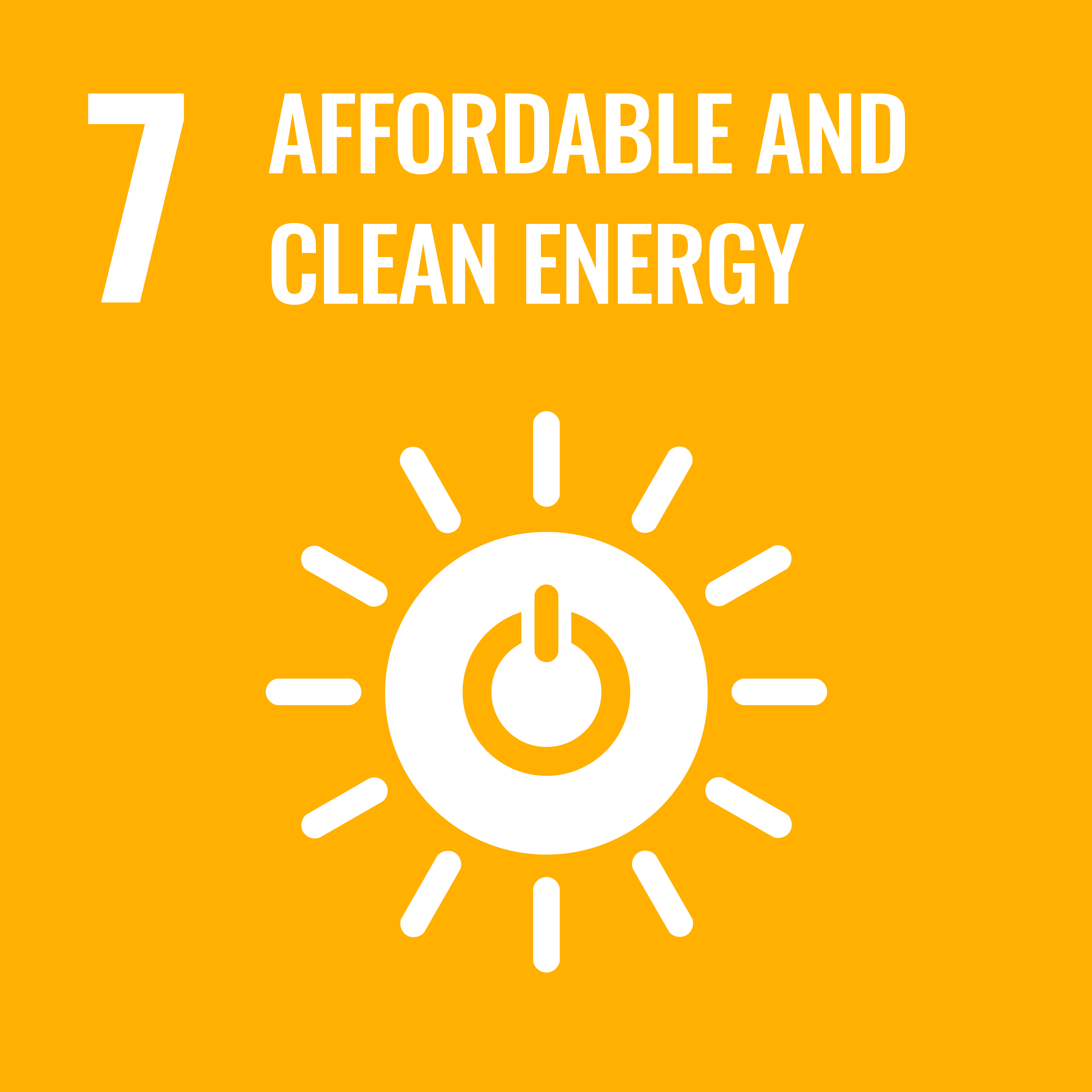


Goal 1
Accelerate enterprise decarbonisation.
Goal 2
Build awareness, knowledge and skills needed to enable employees and stakeholders to contribute positively to climate actions.
Empowering People and Community
Diversity, Inclusion and Wellbeing
Inculcate an equitable workplace culture that recognises the unique needs and contributions of employees and where employee rights, safety, health and wellness are promoted.
Community Investment
Enhance financial literacy for investors and the community through education. Reaching out to communities in need through targeted social investments and employee volunteerism.
ALIGNMENT WITH UN SDGS
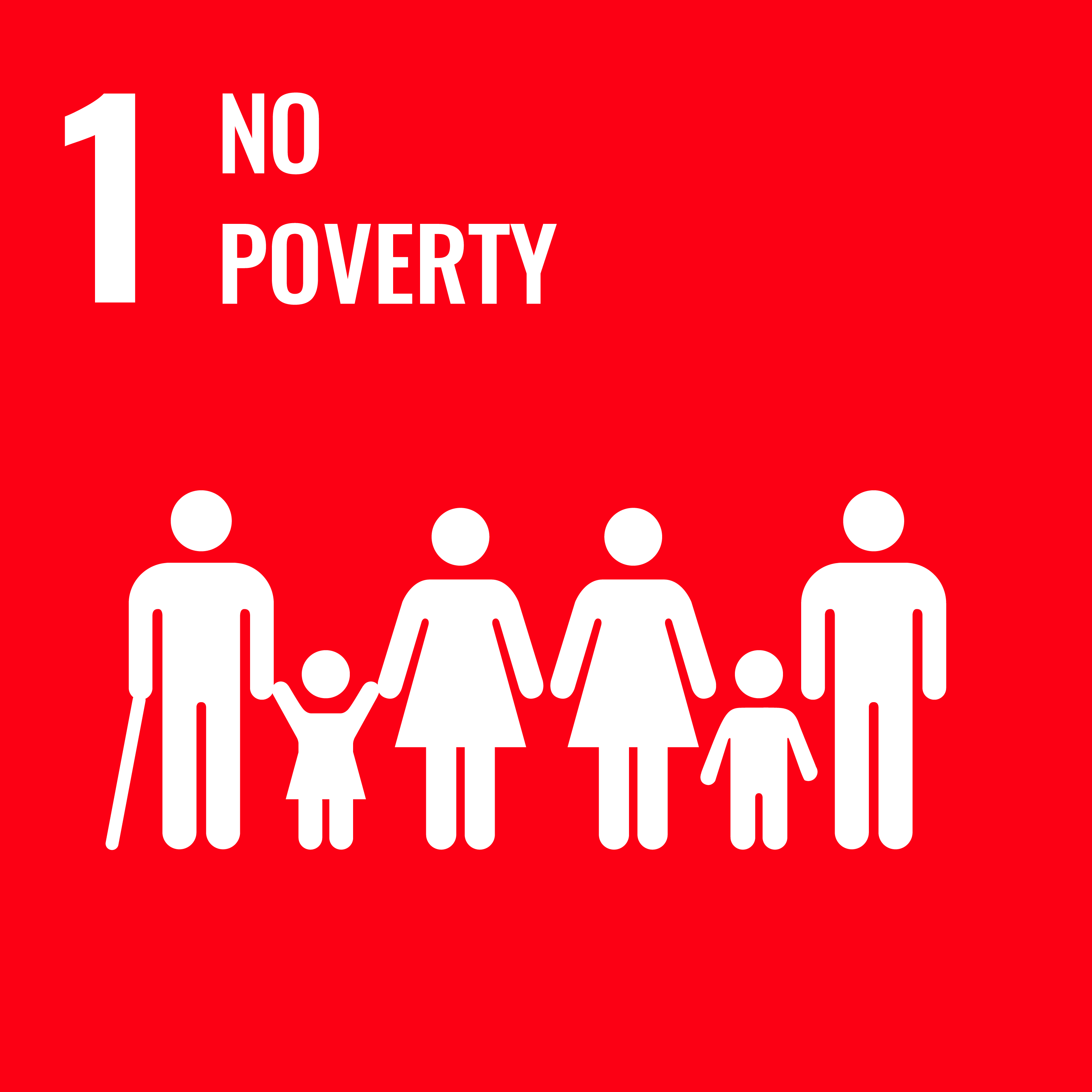
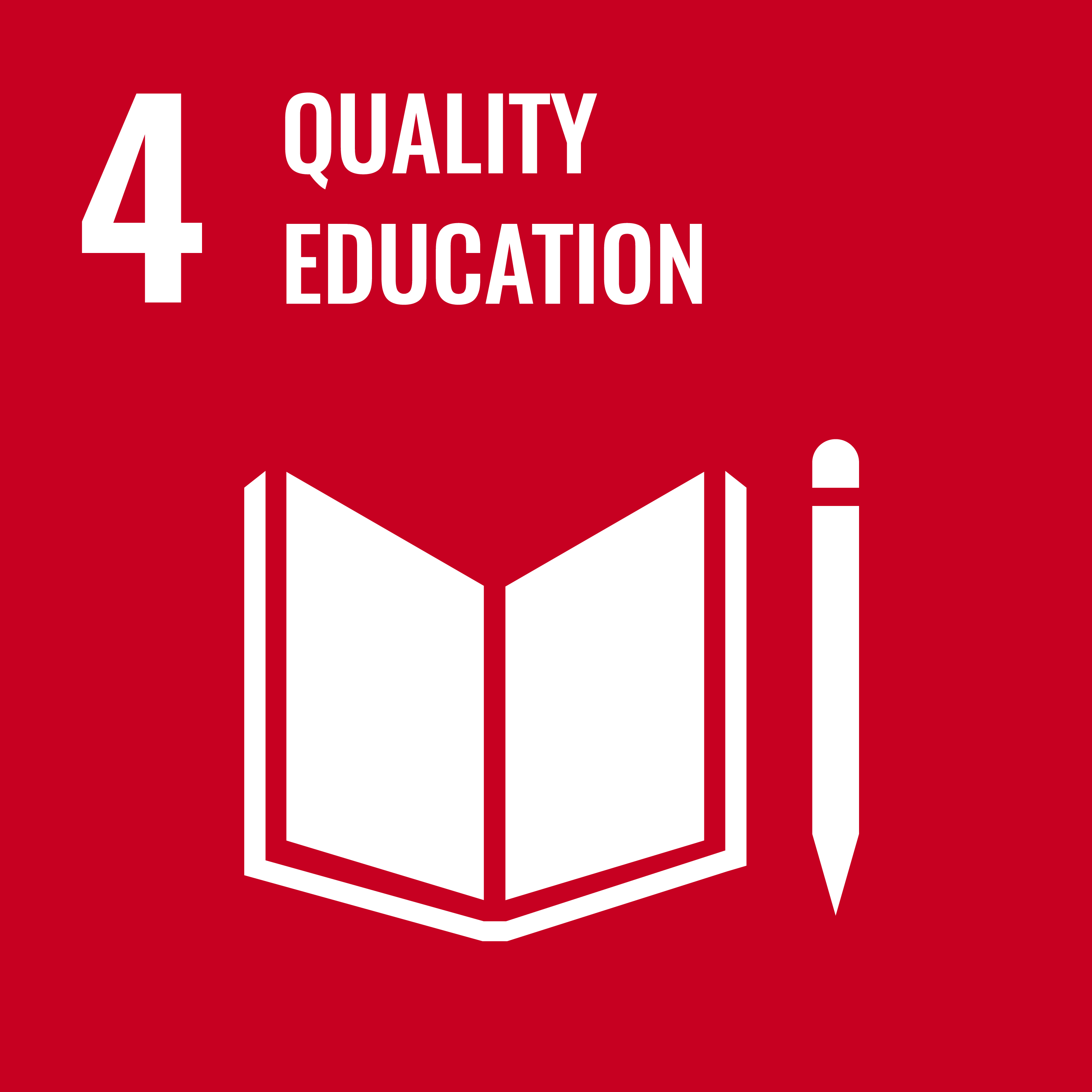
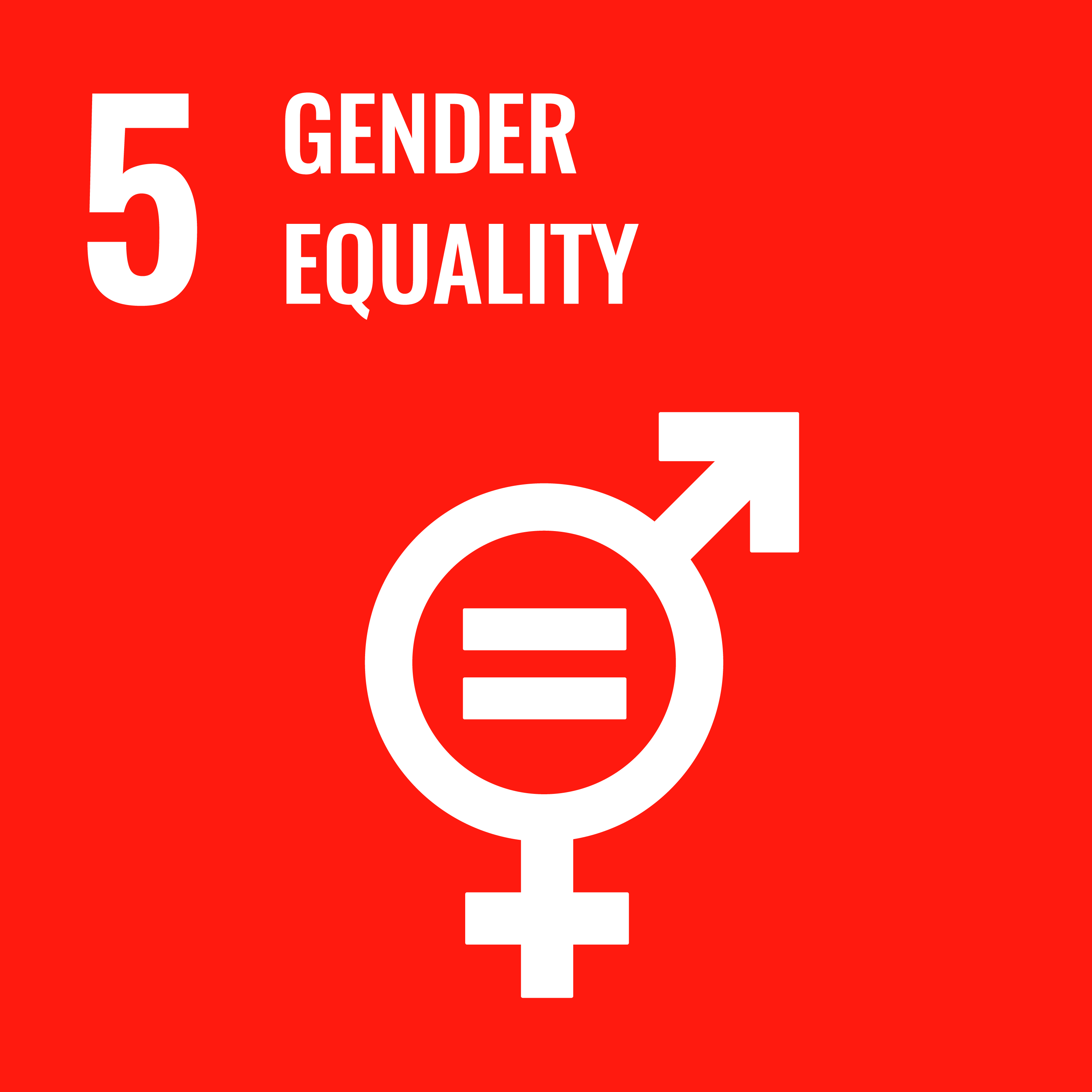

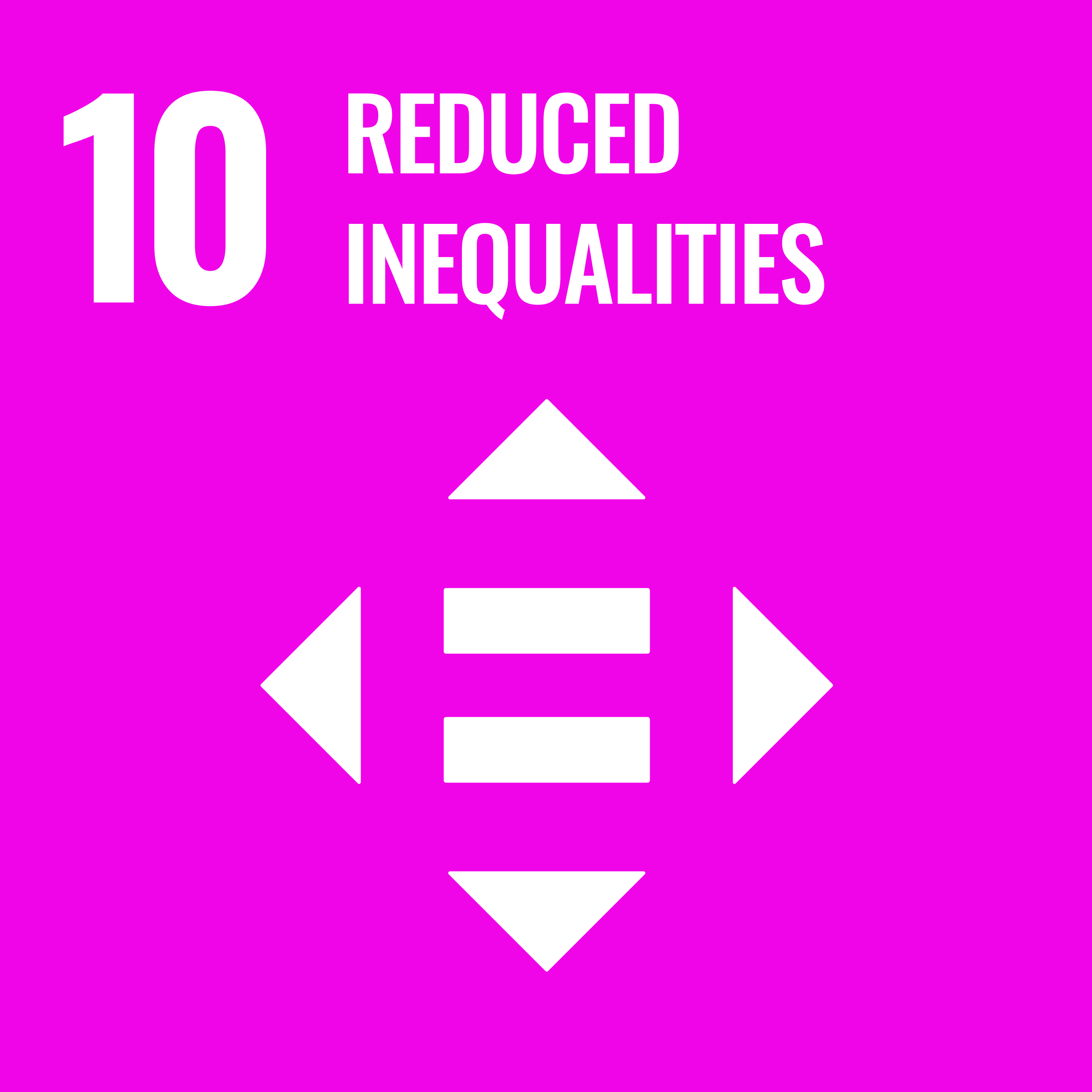

Goal 1
Maintain and promote workforce diversity and maintain anti-discrimination culture.
Goal 2
Integrate mental health as a topic of overall wellbeing of employees.
Good Corporate Governance
Good Business Conduct
Promote and embed good business conduct and high standards of integrity throughout the organisation, operate ethically and transparently and in compliance with applicable laws and regulations.
ALIGNMENT WITH UN SDGS

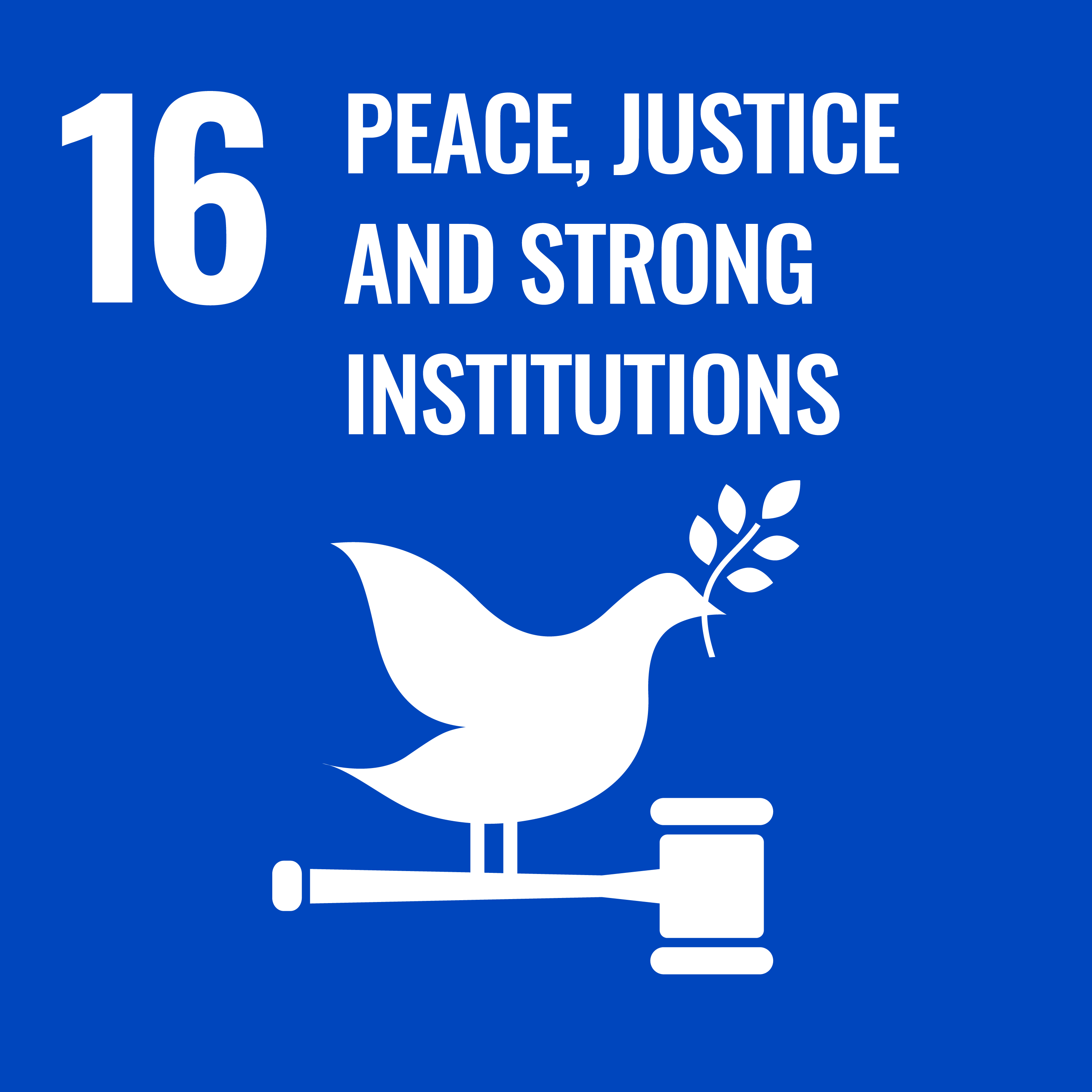
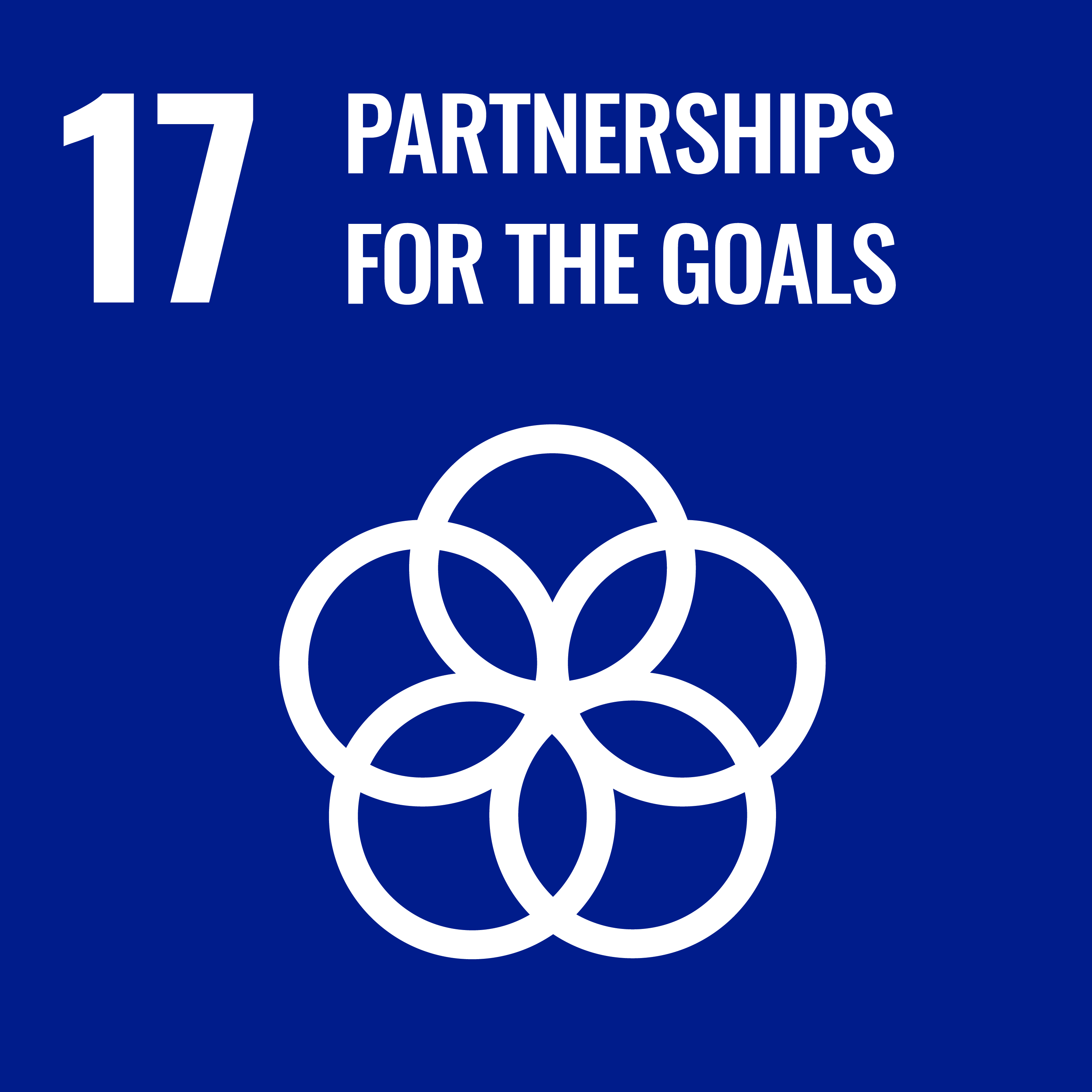
Goal 1
All material matters to be supported by adequate policies and procedures in line with best practices and regulatory requirements.
Goal 2
Lead industry fraud awareness through an interactive flagship programme.
Key Policies & Frameworks
At Kenanga Group, ethical culture forms the foundation of everything we do and shapes all that we aspire to be.
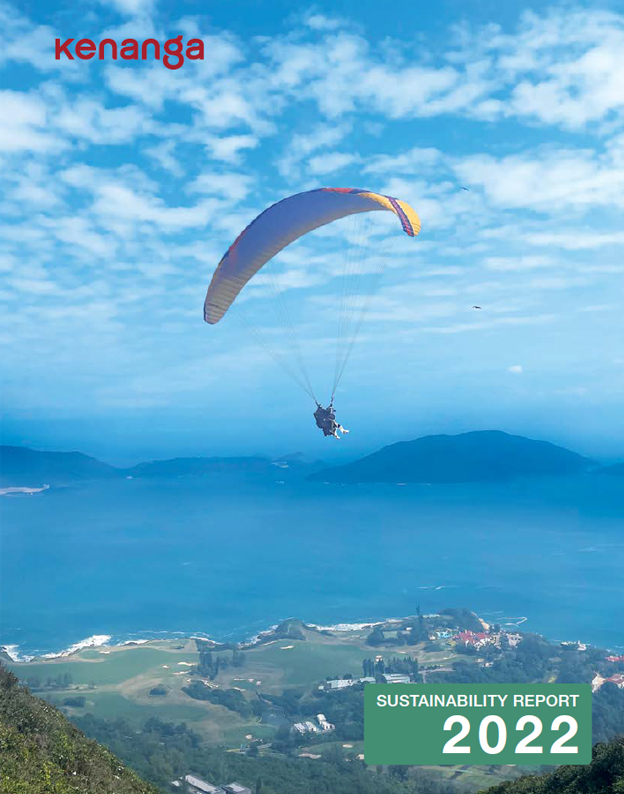
Full 2022
Sustainability Report
OUR PARTNER

Our Sustainability








